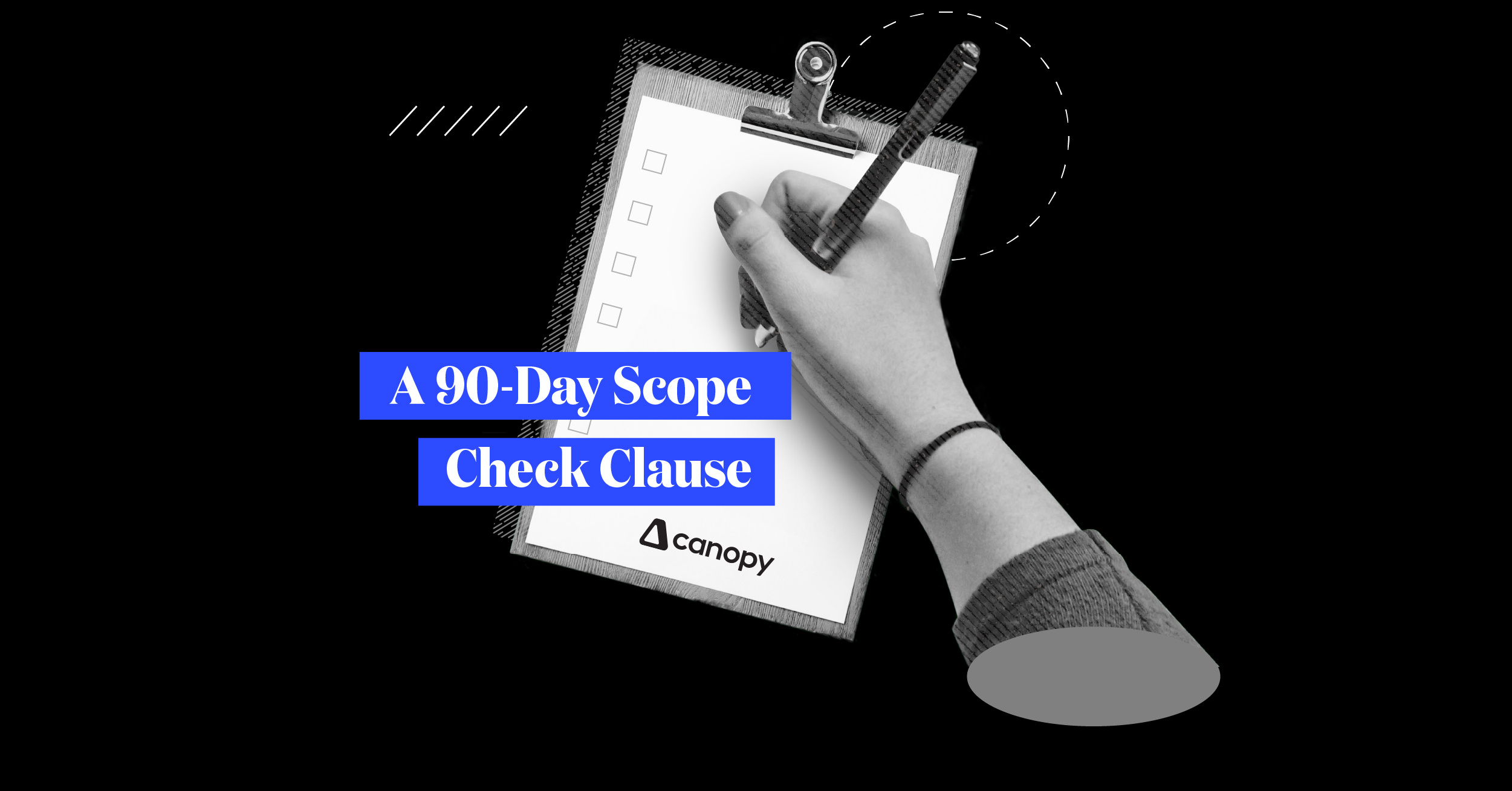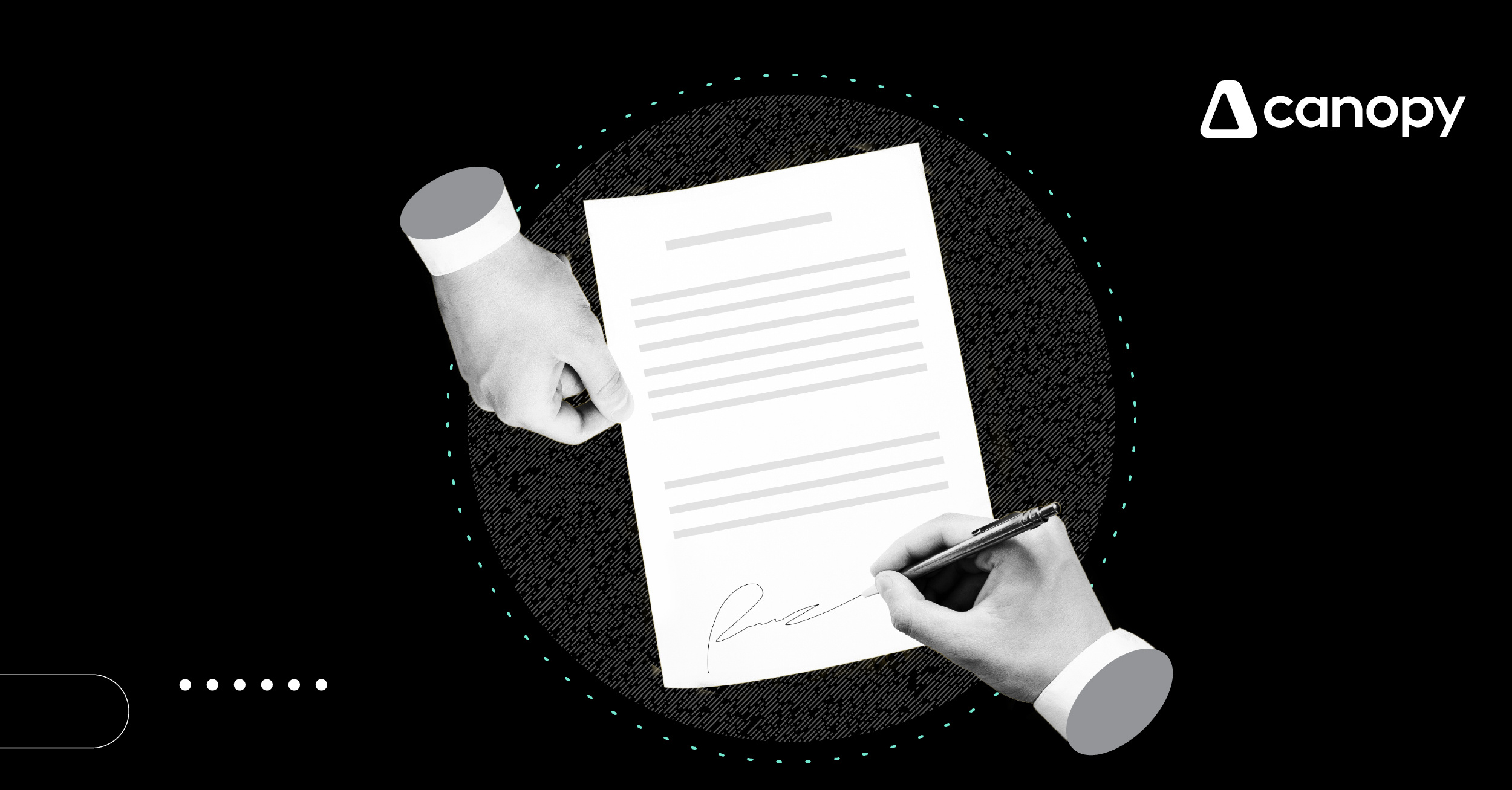In this installment on making our client agreements stronger, we want to discuss why we begin and end our agreements on specific dates. Many firm owners don’t even worry about starting a contract with a client on a certain date, and many forget about an end date. Contracts that never end are called ‘evergreen’ contracts and they are not good for business. Before we keep going, I want to say that it is imperative to have your scope laid out in a contract. Firms who agree verbally or over email to do work for a client have no real formal relationship to justify charging the client a price. So before we discuss the beginning and ending of contracts, let me emphasize you must start with having written contracts in the first place.
Just like a job description that lays out the clarity of the role you expect your team members to perform in, a client contract lays out the clarity of the expectations of scope and payment that you have with your client. As you grow as a firm, and do more than just compliance work or bookkeeping, you will find client contracts necessary to protect the relationship you have with your clients. Instead of each party becoming angry at what was not expected or paid, a firm with client contracts can always just have a meeting and review the contract. A concise and clear contract spells out what is expected and it helps everyone stay on the same page (and maintain healthy client relationships).
The Offer of Value is NOT Open Ended
As we explore having beginning and end dates to your contracts with your clients, let’s talk about your value. The value you deliver to the client base you serve is not open ended. This means that the offer of your value, and the delivery of your value should always come to an end. This up front understanding helps the client to know that they do not have unending access to you in the relationship you enter into together. In fact, most things in life do not extend on indefinitely without end. Current professional relationships need to have a way that they can be closed and ended. It is the same with clients - the client has to know that your contract will come to an end eventually. Why? So that they can consume all of the value they can in the period that is defined by the contract. This helps the client commit to the relationship, lean in to participate, and be the best partner they can be. That is what’s required of you as the firm too. The beginning and end dates of your contract period invite you into accountability to deliver high value to that client while you are serving them.
Our contract typically run 12 to 14 months, and we are not shy about asking a client to commit to a relationship with us. It shows them that we are interested in long term relationships. We do this as a firm because we know value is best perceived in a relationship, and relationships are supported by a long term commitment to one another. It makes sense for accounting firms too - our contract periods typically cover an annual tax period so the 12 to 14 months we want our client to commit tend to make sense.
We are a value pricing firm, so all of our work is pitched to the client up front, and we ask for a 12 to 14 month contract when we deliver our proposal in person (i.e. virtually over Zoom or Teams). We also tell the potential client that our proposal expires after 7 to 10 days. We ask the client what date may be best, but we do affix an expiration date to our proposals. We know that we are always growing as a firm, the economy is every changing, and the client’s needs are very fickle. Because of these realities, the offer of value is not open ended. When the proposal expires, then we are freed to not offer that proposal to that client any longer. We rarely do this, but have rescinded our offer of value in a proposal before. This lets the client know that what they want is coming to a close. It puts a sense of urgency on the client to commit to the value or it will go away.
Ending the Relationship
First, let’s make a big point that all of us are always changing and growing. That is what life is all about. So expecting that you want to serve a client the same way in 12 months that you do today just doesn’t make sense. You will be a different firm, and the client will be different as well. It’s best to assume beginning and ending professional relationships so you can always reset. There are many reasons why you might want to end a relationship with a client. Whether the client is a great client, or a poor one, here are a few reasons this is good business.
-
To reset scope: We’ve already talked about a 90 day scope in the first article to help you check in on your client service after the initial onboarding period. You may also want to reset scope after your contract ends. You will learn a lot about a client after the first 12 months of service. Resetting scope is wise for both parties. Making sure your contract will end is a great time to have another conversation about resetting scope before you move forward.
-
To reprice: As your scope changes, so does your price. What the client wants, as defined by scope, dictates the price at which they value that scope (if you value price). Often, we allow for scope creep (where the client encroaches further into asking for more and more scope), or scope seep (where the team give out more and more services without being paid extra) in our client relationships. This can burden our team’s capacity so the end point of our contracts is a great time to reset the price to reflect how we are serving the client. We can also use the end point of a contract to upsell as well and ask for more price related to additional scope upon renewal of your contract.
-
To keep your client base clean: Sometimes a firm needs to move away from a client. The claim, “we’ve never lost a client” is not a wise way for a firm to build a strategic client base. A client base must be kept clean of clients you should no longer be serving, or ones that you have outgrown (or of clients that have outgrown you). When your engagement contract comes to an end, we can use that time to say “we are choosing not to renew with you.” The client is not often surprised at that time since we’ve already been discussing ways we may not be aligned.
It’s important that we offer immense value to our clients, and the markets we serve. Managing and delivering value is a lot of work, so we have to be careful that we are checking in with clients and making sure we are delivering what they need, for the price we want to get paid, and if the client is pleased with our service as well. To do this, we strategically end all agreements so that we can have the important conversations we need to have to keep our client base clean and healthy. Evergreen contracts (i.e. contracts with no end date) may be easier for you to manage in your firm, but they are not strategic. You need a place to level up your prices and value, and have the conversations that keep you and your clients healthy. Using a simple practice of beginning and end periods for all of your engagements can help you do this.







Get Our Latest Updates and News by Subscribing.
Join our email list for offers, and industry leading articles and content.